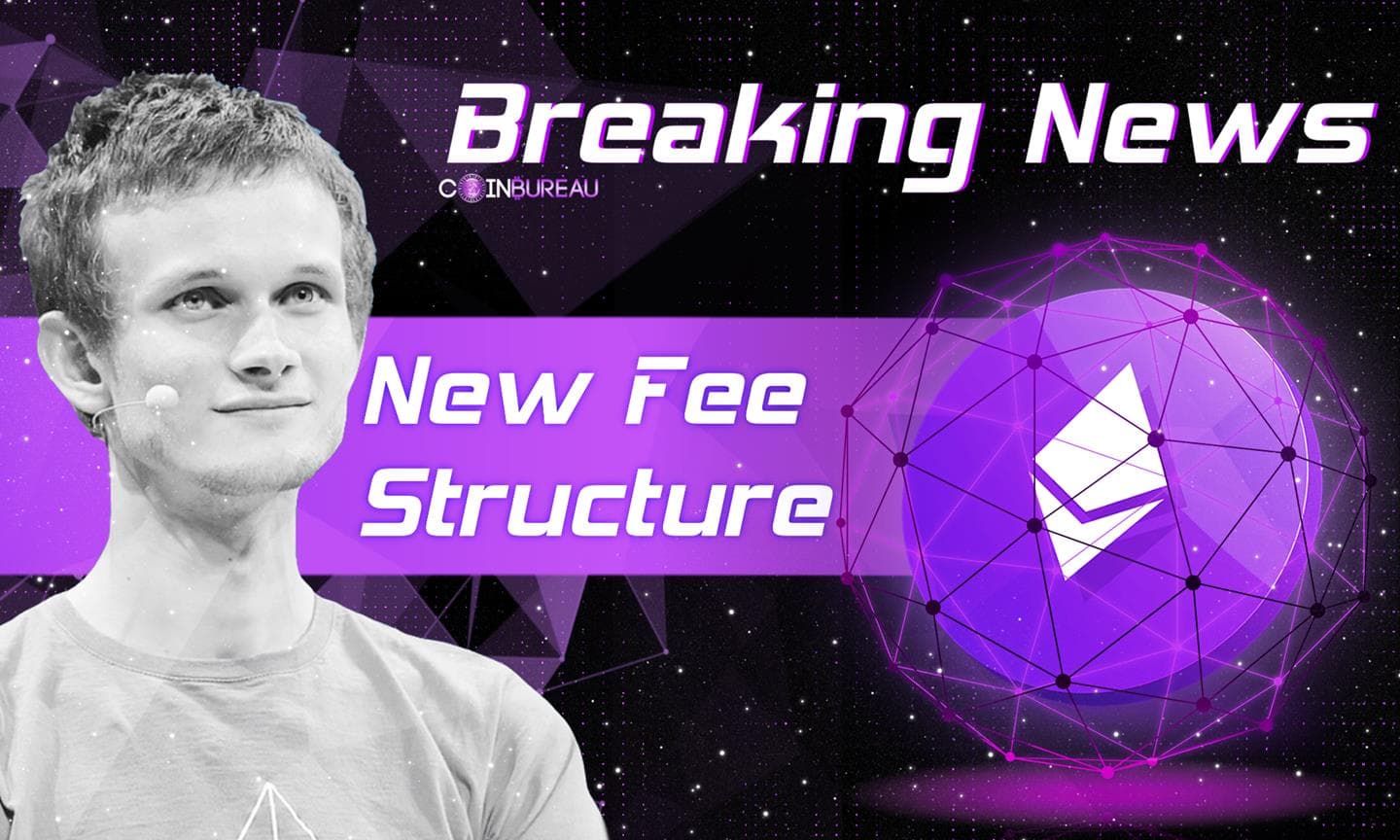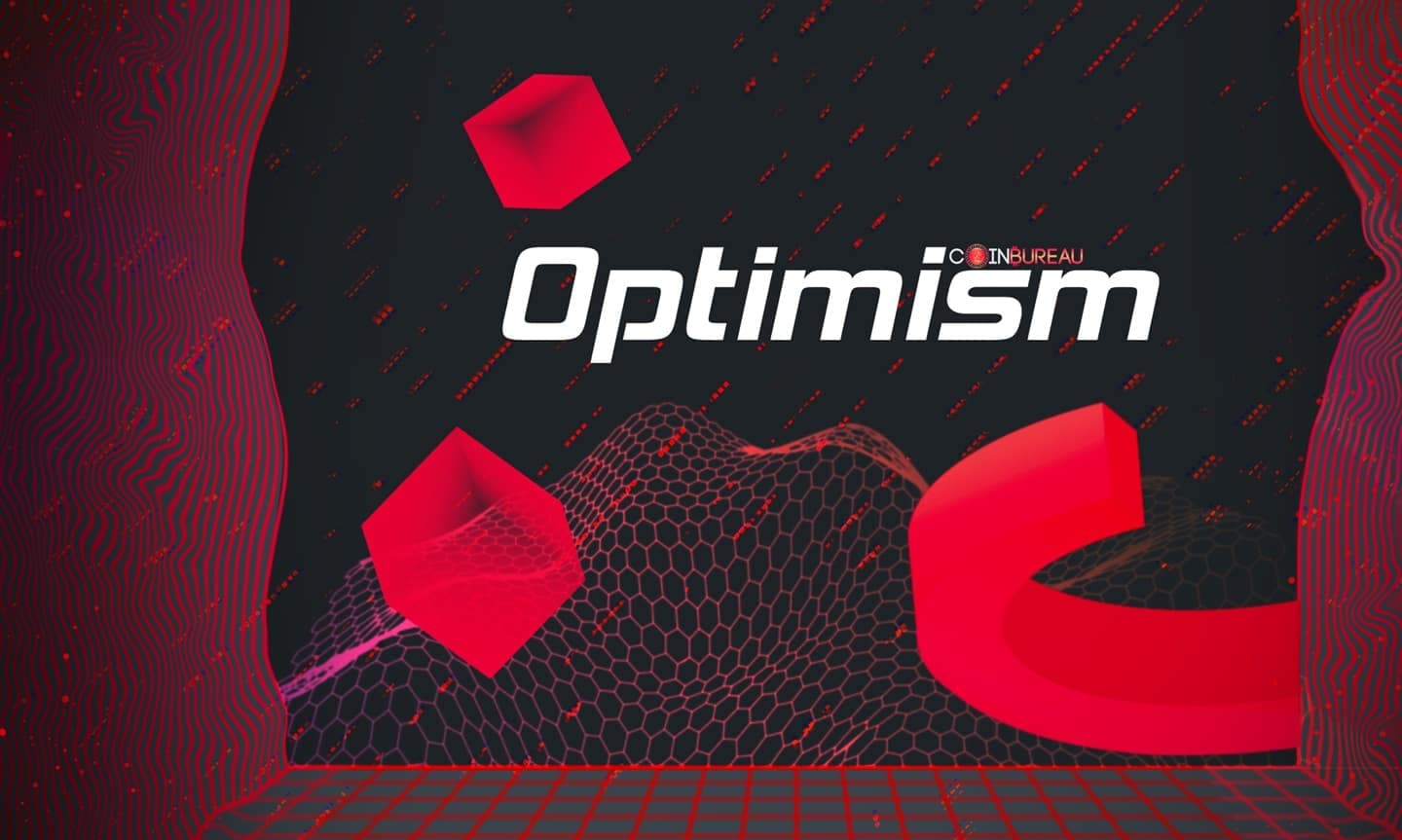The founder of Ethereum, Vitalik Buterin, gave an interview with two of the largest newspapers in South Korea. He discussed many topics and was open about some of the contentious of those at the moment. He talked about the potential and risks of Initial Coin Offerings (ICOs) as well as Etheruem scaling and the future of Fiat money in the age of Cryptocurrencies.
On Ethereum Scaling
Buterin explained that the most of the scaling issues with the Ethereum network would take at least two to five years to overcome. He discussed that given that the network was developed to facilitate decentralised applications, scaling could not be solved as easily as other cryptocurrencies had done it.
He went on to explain that the nature of the Ethereum network made it that much more complicated to scale. However, he stated that the Ethereum developers were working on a number of solutions to scale the network. He further elaborated
I would say two to five, with early prototypes in one year. The various scaling solutions, including sharding, plasma and various state channel systems such as Raiden and Perun, are already quite well thought out, and development has already started.
On ICOs
ICOs are a relatively new method for start-ups to raise early stage funding. Yet, they have exploded at a rapid rate. For example, in only 1 year we have seen over $1.5bn being raised from this method of financing. We have also seen some ICOs that have raised hundreds of millions including Filecoin and Tezos.
There are a number of reasons why a start-up would consider using an ICO to raise funds. They allow for money to be raised in a decentralised manner from a large range of people. They are also able to complete this raise in a really short period of time. This is in stark contrast to traditional methods of seed funding. When a start-up wants to raise funds from a VC for instance, the process could take a few months and extensive due diligence is completed. Moreover, the terms that are presented by the investors are quite onerous.
However, this does come with some flaws which Vitalik was open to discuss. He claimed that there was a large degree of centralisation around many of the projects. Even though these ICOs are completed on a decentralised network, they are still largely in the hands of a small well-funded development team.
...they also have their flaws, and I think many of these flaws arise from the fact that even though the ICOs are happening on a decentralized platform, the ICOs themselves are hardly centralized; they inherently involve many people trusting a single development team with potentially over $200 million of funding...
He went on to claim that there is a lot of misinformation about investing in these ICOs and that the companies raising have very little incentive to provide this information. He thinks that raising funds through ICO, however, could become harder in the near term irrespective of moves by any of the regulators.
Yet, whether it becomes harder for firms to initiate an ICO, the investors themselves mostly lack the knowledge to conduct the required due diligence. This is sometimes given as a reason why investors should get involved and place strict regulations on the ICO market. However, this could also hamper the efforts of decentralised fund raising. Moreover, what criteria will the government lay out when it comes to which ICOs are considered "legitimate" and which won't get the blessing.
Featured Image via Wikimedia



